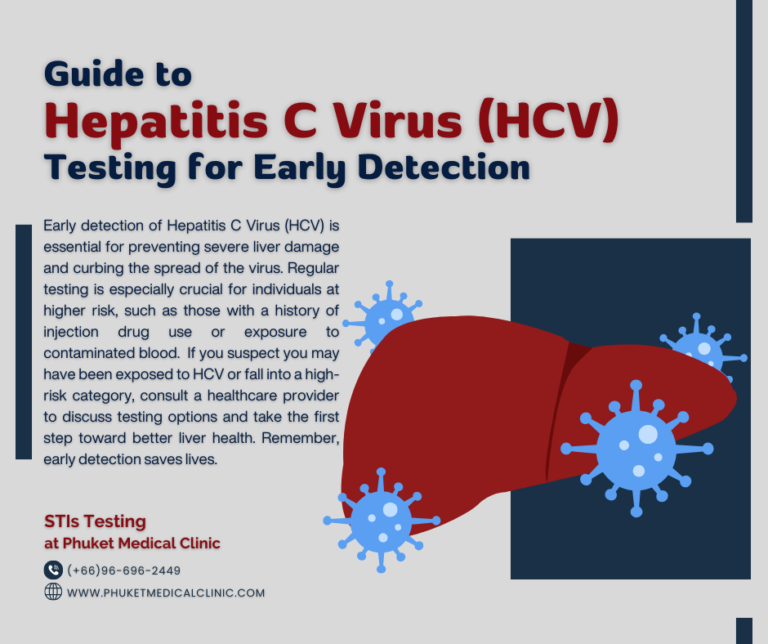Sexually transmitted infections (STIs) are a global health concern, with millions of cases reported each year. Two of the most common STIs are gonorrhea and chlamydia. While these infections are treatable, if left untreated, they can lead to severe complications. In this article, we will delve into the complications associated with gonorrhea and chlamydia, as well as strategies for prevention.
Complications of Gonorrhea
Gonorrhea, caused by the bacterium Neisseria gonorrhoeae, primarily affects the genital and rectal areas but can also affect the throat and eyes. If not treated promptly, it can lead to several complications:
- Pelvic Inflammatory Disease (PID): One of the most serious complications of untreated gonorrhea in women is PID. PID can cause chronic pelvic pain, ectopic pregnancies, and infertility.
- Infertility: Both men and women can experience fertility issues due to untreated gonorrhea. In men, it can lead to epididymitis, a painful condition that affects the testicles. In women, it can damage the fallopian tubes, preventing eggs from reaching the uterus.
- Increased HIV Risk: Individuals with gonorrhea are more susceptible to HIV infection if exposed to the virus.
- Joint Inflammation: Gonorrhea can cause joint pain and inflammation, a condition known as gonococcal arthritis.
- Spread to Other Organs: In rare cases, untreated gonorrhea can spread to other organs, including the heart and brain, causing life-threatening conditions.

Complications of Chlamydia
Chlamydia, caused by the bacterium Chlamydia trachomatis, is another common STI that can result in complications if left untreated:
- Pelvic Inflammatory Disease (PID): Like gonorrhea, untreated chlamydia can lead to PID in women, causing similar complications such as chronic pelvic pain and infertility.
- Ectopic Pregnancy: Chlamydia increases the risk of ectopic pregnancy, a potentially life-threatening condition where a fertilized egg implants outside the uterus.
- Infertility: In men, chlamydia can lead to urethritis, which may affect sperm motility and cause infertility.
- Reactive Arthritis: Some individuals may develop reactive arthritis as a reaction to a chlamydia infection. This condition can cause joint pain, eye inflammation, and urinary tract symptoms.
- Increased HIV Risk: Similar to gonorrhea, having chlamydia increases the risk of contracting HIV if exposed to the virus.
Prevention and Conclusion
The best way to avoid the complications associated with gonorrhea and chlamydia is prevention. Here are some key strategies:
- Safe Sex Practices: Consistently and correctly using condoms during sexual intercourse can greatly reduce the risk of contracting or transmitting these infections.
- Regular Screening: Getting tested for STIs, especially if you have multiple sexual partners, is crucial for early detection and treatment.
- Vaccination: While there is no vaccine for gonorrhea, there is a vaccine for certain strains of chlamydia. Discuss with your healthcare provider if you are eligible for chlamydia vaccination.
- Limit Sexual Partners: Reducing the number of sexual partners can lower your risk of exposure to these infections.
- Prompt Treatment: If diagnosed with gonorrhea or chlamydia, it’s essential to start treatment immediately to prevent complications and further transmission.
In conclusion, gonorrhea and chlamydia are common STIs that can lead to serious complications if left untreated. However, by practicing safe sex, getting regular screenings, and seeking prompt treatment when needed, individuals can significantly reduce the risk of these complications and maintain their sexual health. Remember that knowledge and prevention are key in the fight against STIs.
STIs Testing & Treatment at Phuket Medical Clinic
Phuket Medical Clinic : Close, Expert Care. Dedicated Medical Professionals and Skilled Team providing Consultation and Treatment. Walk-in or Scheduled Appointments for Convenient and Efficient Services.
Book an appointment online : https://phuketmedicalclinic.youcanbook.me
Daily Open 🕙 10:00-18:00
Contact number ☎️ 096-696-2449
Line id : @pmcphuket or https://lin.ee/R1TKRDo
Map 📌https://goo.gl/maps/xu45eTQUTjgpukJa7
Website 🌐https://pmcclinicphuket.com
Feel free to consult with a doctor or ask further questions anytime.
Inbox : m.me/100483916443107
#healthcareclinic #คลินิกภูเก็ต
Phuket #Clinic #ภูเก็ตเมดิคอลคลินิก
#Phuketmedicalclinic






